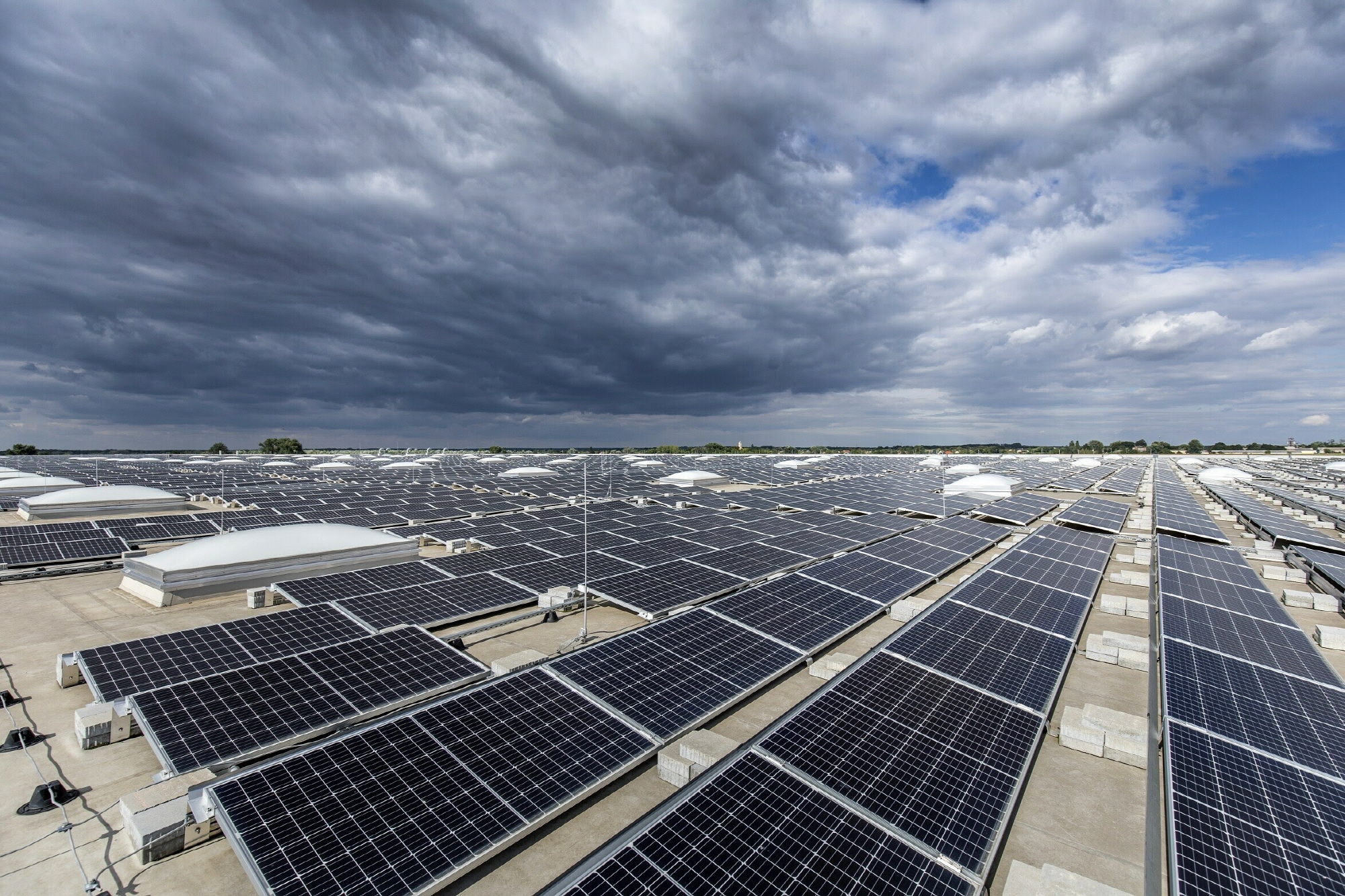
The Audi plant in Ingolstadt will begin full carbon-neutral production starting January 1, 2024. The main facility, where the new Audi Q6 e-tron will be produced next year, will become the third carbon-neutral Audi site, following Brussels in Belgium in 2018 and Györ in Hungary in 2020. Meanwhile, the Böllinger Höfe plant has been producing the Audi R8 and e-tron GT quattro models in a carbon-neutral manner since 2020.
As part of the “Mission Zero” environmental program, Audi plans to achieve full carbon neutrality at its global plants by 2025. The Neckarsulm and San José Chiapa sites in Mexico will be the last to reach this milestone.
Gert Wagner, a member of the board responsible for production and logistics, stated, “Protecting the environment to the best of our ability is embedded in Audi’s corporate strategy,” and added, “By converting the Ingolstadt site to renewable energy, we are taking a significant step towards our goal of fully carbon-neutral vehicle production.” To accomplish such ambitious plans, Audi is executing a strategy made up of four pillars.
The first pillar involves improving energy efficiency at the site, where Audi has already significantly reduced its carbon dioxide emissions. In fact, in 2022, the Ingolstadt facility saved over 35,000 MWh of energy and reduced carbon emissions by over 5,000 tons under its energy management policy.
Secondly, Audi is generating renewable energy on-site. Currently, solar modules covering an area of 23,000 square meters have been installed at the Ingolstadt plant, and Audi plans to continue increasing the proportion of energy produced on-site.
Diverse additional measures are planned and implemented for this purpose at the main Ingolstadt plant.
The third pillar of the strategy involves shifting the energy procurement method to a fully carbon-neutral approach. The Ingolstadt site has been producing vehicles using only green electricity since early 2012. Starting this early in the energy transition has allowed Audi to establish itself as a leader in sustainability within the automotive industry.
Dr. Rüdiger Recknagel, head of environmental protection at the Audi Group, explained, “We supply carbon-neutral waste heat from nearby refineries and urban waste treatment plants to the main plant, and we have already secured a significant amount of biogas to ensure carbon-neutral heat supply.”
To meet its needs from feasible energy sources, Audi’s final strategy for carbon neutrality takes this a step further. For carbon dioxide emissions (up to 10% of initial emissions) that cannot yet be replaced by renewable energy sources, Audi offsets these through certified environmental projects that meet the highest standards such as the Gold Standard. The logistics within the plant at Ingolstadt also operate under these standards.
The Mission Zero environmental program goes beyond simple decarbonization to include core area policies regarding water usage, resource efficiency, and biodiversity protection and conservation. Audi’s vision is to create a circular economy where raw materials, including plastics and water, are reused in a closed-loop manner. In line with this, Ingolstadt has been operating a process water supply center with a membrane bioreactor since 2019 to enable more efficient water usage. Audi is the first premium automotive manufacturer to join the International Alliance for Water Stewardship and plans to reduce ecological water usage across all production plants worldwide by half by 2035. Since 2018, the San José Chiapa site has established itself as a role model in responsible water management by producing vehicles without discharging any wastewater.
Lastly, Audi is leading efforts in biodiversity conservation at all its sites as a member of the “Biodiversity in Good Company” initiative. The external site in Münchsmünster is designed to be maintained close to its natural state and is the largest ongoing project by Audi in the area, creating habitats for numerous plant and animal species across approximately 17 hectares of landscaped area.
Moreover, Audi is also focused on building future sites in a sustainable way. Through the transition to electric mobility, Audi is comprehensively transforming its global production network and has a clear vision of producing vehicles through what they call a “360 Factory”. As part of this sustainable approach, Audi is modernizing, digitizing, and transforming existing factories to prepare for the future. Thanks to the 360 Factory, Audi can produce vehicles more flexibly and efficiently without having to build new structures by making additional use of existing land.
Audi is going a step further in sustainable land use by restoring existing industrial areas. The In-Campus, located south of Ingolstadt, has been established as a branch of the main plant as part of sustainability efforts. Campus GmbH, a joint venture between IFG AöR in Ingolstadt and Audi AG, has developed 75 hectares of industrial wasteland east of Ingolstadt. A technology park has been built without using additional land, and the entire area designated as a natural landscape conservation area encompasses 15 hectares of thriving riverside woodland and calcareous grassland.
For inquiries, contact: 이상진 daedusj@autodiary.kr

